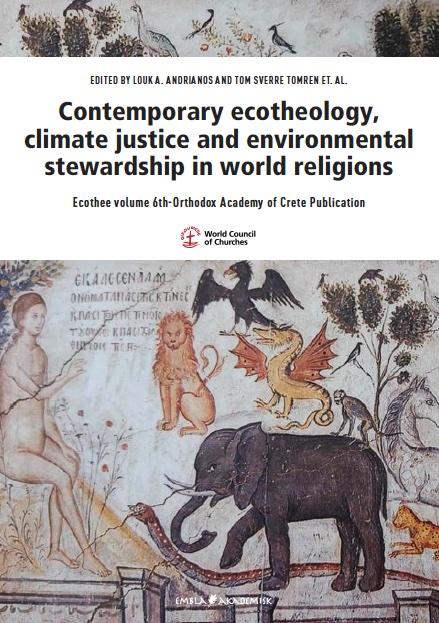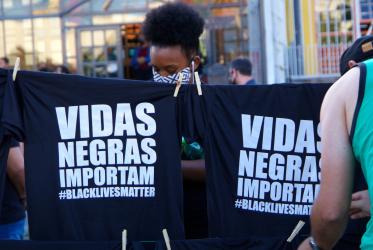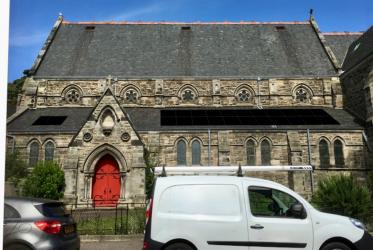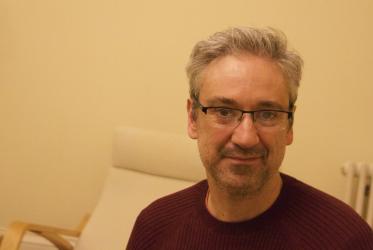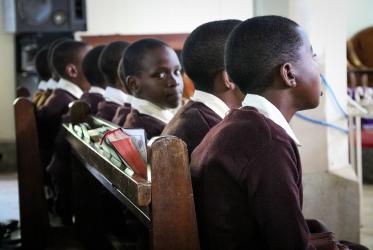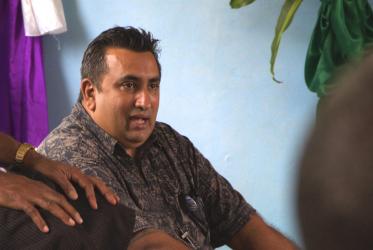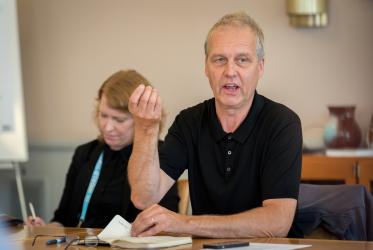Displaying 61 - 80 of 94
Contemporary Ecotheology, Climate Justice and Environmental Stewardship in World Religions
Ecothee Volume 6th-Orthodox Academy of Crete Publication
19 December 2021
Webinar explores intersection of debt cancellation and anti-racism
09 December 2021
ZacTax Toolkit
24 November 2021
African church leaders train in leadership, diakonia and development
12 November 2021
Protecting Ethiopia’s church forests
27 October 2021
Climate crisis fuels existing water injustice
27 October 2021
Churches offer some relief in Kenya’s drought disaster
16 September 2021
Walk the Talk
A Toolkit to Accompany the "Roadmap for Congregations, Communities and Churches for an Economy of Life and Ecological Justice"
31 August 2021
Can we end our societal addiction to fossil fuels?
12 August 2021




